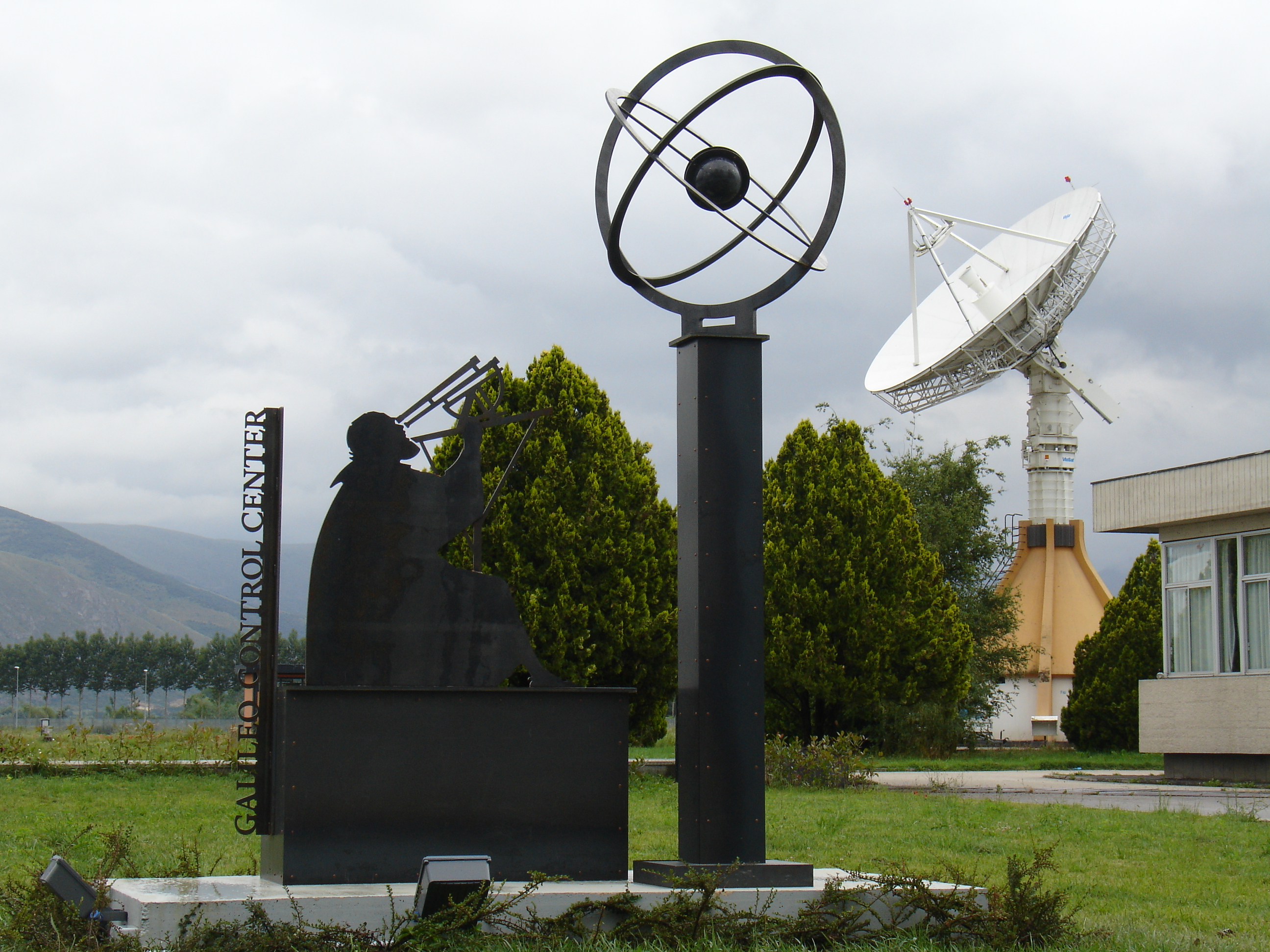28 June 2021
Thirty satellites to emancipate from the American GPS and have, for the first time, an all-European navigation and positioning system.
For the Old Continent, the Galileo constellation was one of the most important technological challenges ever. The inauguration took place on 28 December 2005, with the launch of the Galileo in-Orbit-Validation-Element, Giove A.
It is the signal, not only of a European Union aiming at technological autonomy, but also at redefining the international standards for global satellite navigation systems.
The new infrastructure was the only one built by the EU so far and marks another first. With its 1.5 billion it is the highest European investment in space and the second highest overall.

In 2009, Spaceopal was born. The 50/50 has gained the role of prime contractor for operational Galileo services and has emerged as the world's largest satellite navigation service provider. In the image, the GCC at Fucino Space Centre.
Even in this case Telespazio was there. The Fucino Space Centre becomes one of the two Galileo Control Centres (GCC)
This is just the beginning: in 2009 the company gains an even more central role in the program, founding Spaceopal. In just a few years, the 50/50 joint venture with DLR Gelleshchaft für Raumfahrtanwendunge (a subsidiary to the German Space Agency) has gained the role of prime contractor for operational Galileo services and has emerged as the world's largest satellite navigation service provider.
Today, navigation services that improve the quality of life of more than a billion users worldwide through accurate positioning rely on Spaceopal.

